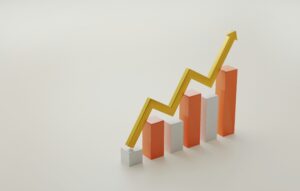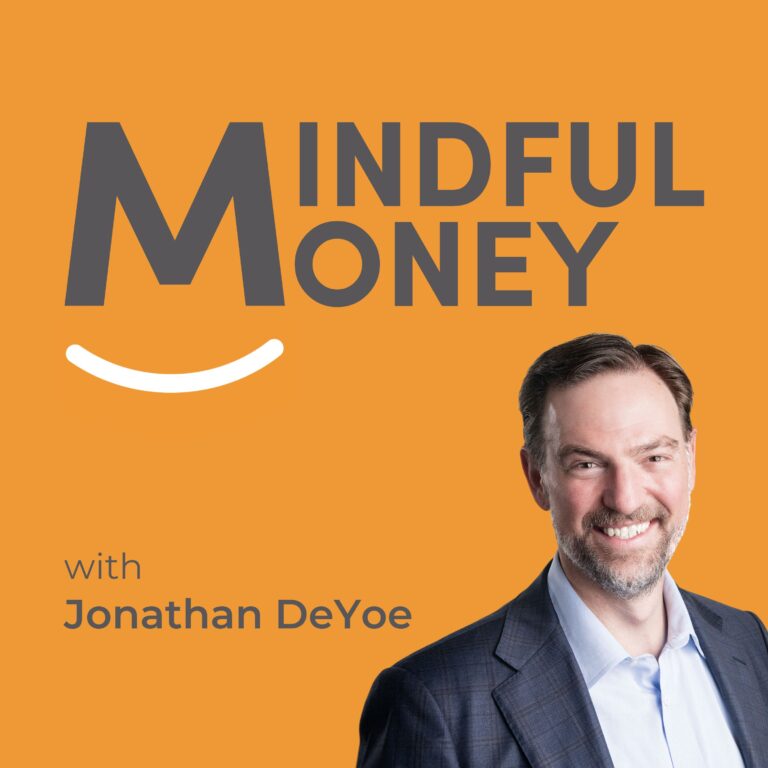The market moves quickly. No one (not I, not you), can see it coming.
Some people continuously repeat their predictions and eventually look very smart… you know, broken clocks. Some people say they see it coming beforehand (lots of people say lots of things) –
you can’t know who will be right. More people say they saw it coming AFTERWARDS (lots of people say lots of things) – you can’t know who is misremembering, lying, or just delusional.
But… some people will get it right. With so many people predicting, some of them will always get it right. If enough monkeys type for enough time, one of them will eventually type a sequence of letters very similar to Shakespeare’s Hamlet through pure, random chance.
The surprise is that when we look at active management, there are fewer who get it right than there should be based on the number of predictions and pure, random chance. The odds are stacked against the prediction of future relative performance.
No one can consistently choose better investments, or time markets.
You can’t know what happens next.
You can’t know if the market will turn down.
You can’t know how markets will react to a downturn (are people buying the dip today)?
You can’t know if it’s over, or just beginning.
You don’t know why it happened at this moment.
You can’t know why it happened this way.
You can’t know if this is a correction (10%), or a bear (>20%), or a big bear (50%+) until after.
You can’t know if a recession will follow, or not.
You can’t know how long or deep the recession will be, if one arrives.
You can’t know when the market will turn back up.
You can’t know how the economy will ultimately resolve.
NO ONE else knows, either – not the president, not your uncle, not that blowhard at work, not Jim Cramer, not the leaders in the House or Senate, not the Fed chair, not even your financial advisor.
Anyone who claims “knowledge” is telling themselves a story that fits nicely with their worldview, absolves them of any responsibility, blames the right people… (if you catch yourself nodding your head in agreement, you have to check your own biases and proclivity to believe storytellers).
Most of the time (almost 70% of the time), markets go up. Sometimes they go down. Over long periods of time, they go up. Over short periods of time, it is anyone’s guess.
The longer the period of time and the broader the selection of securities under question, the higher the probability that they go up. The shorter the period of time and the narrower the selection of securities in question, the lower the probability that they go up.
Diversification and long-term thinking are such powerful investing allies.
And… sometimes markets go down more than we expect, more quickly than we expect, and then stay down longer than we expect. There isn’t anything useful that can be discerned out of this information.
Markets vary. We can’t predict them. That is our fundamental.
We are long-term, goal-oriented, planning-driven investors.





